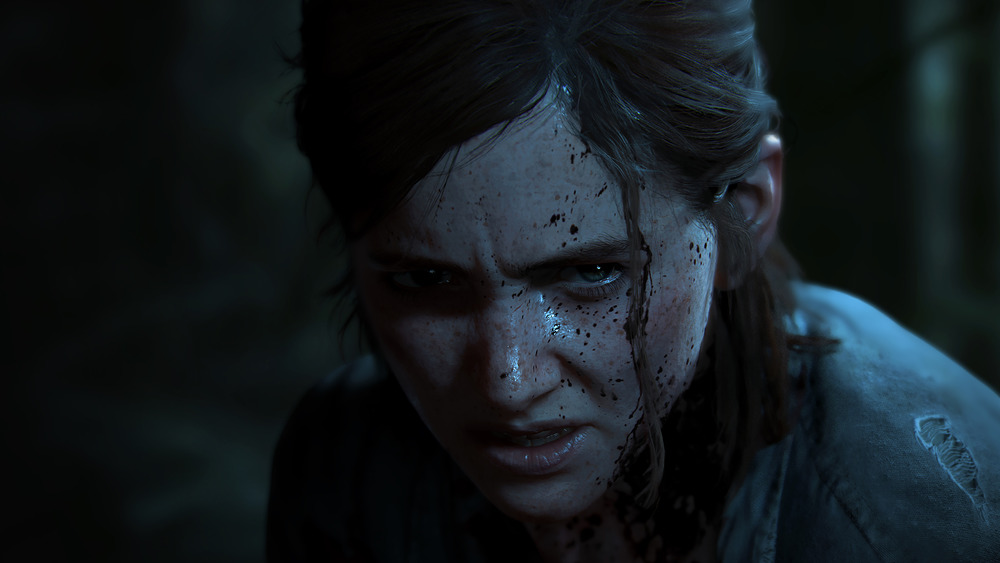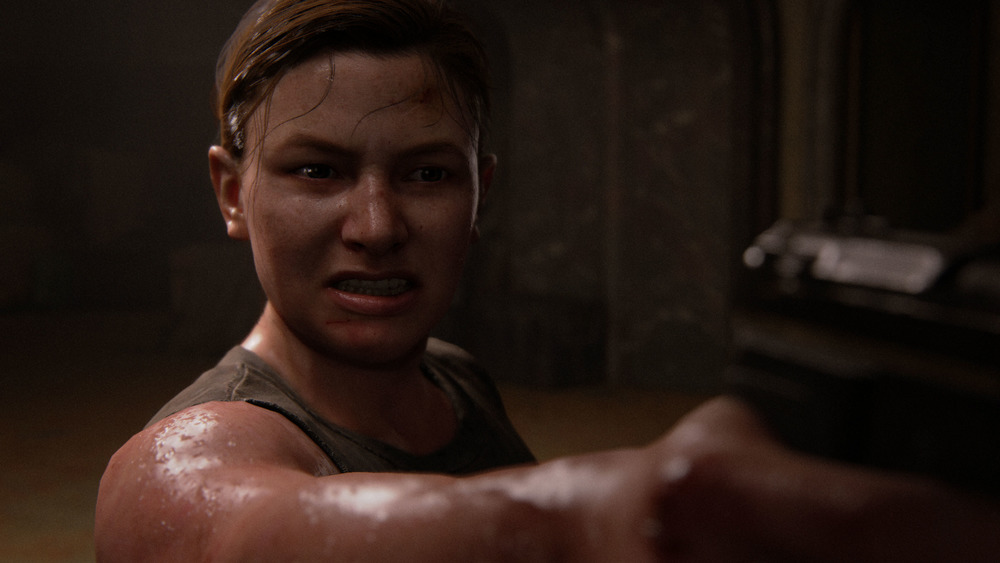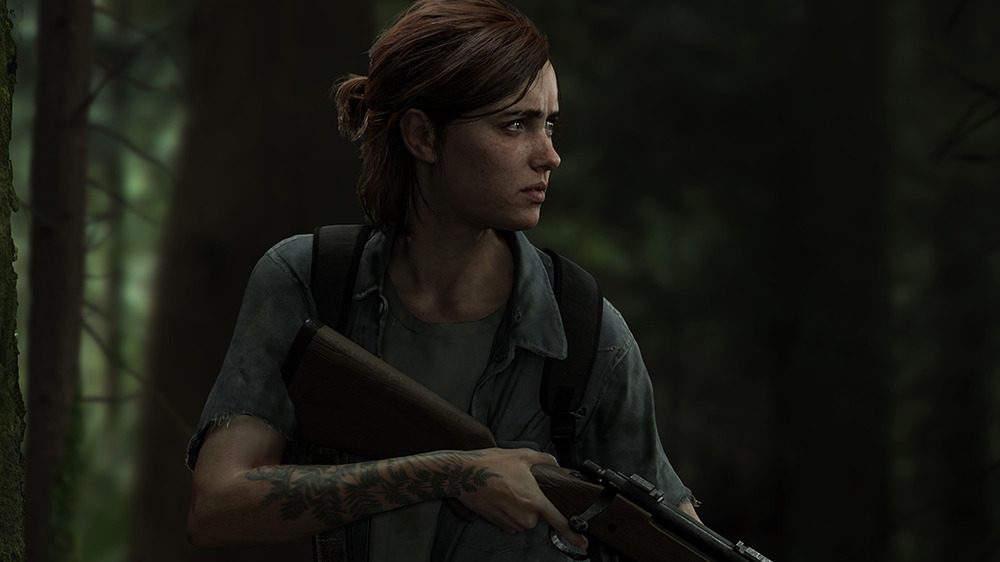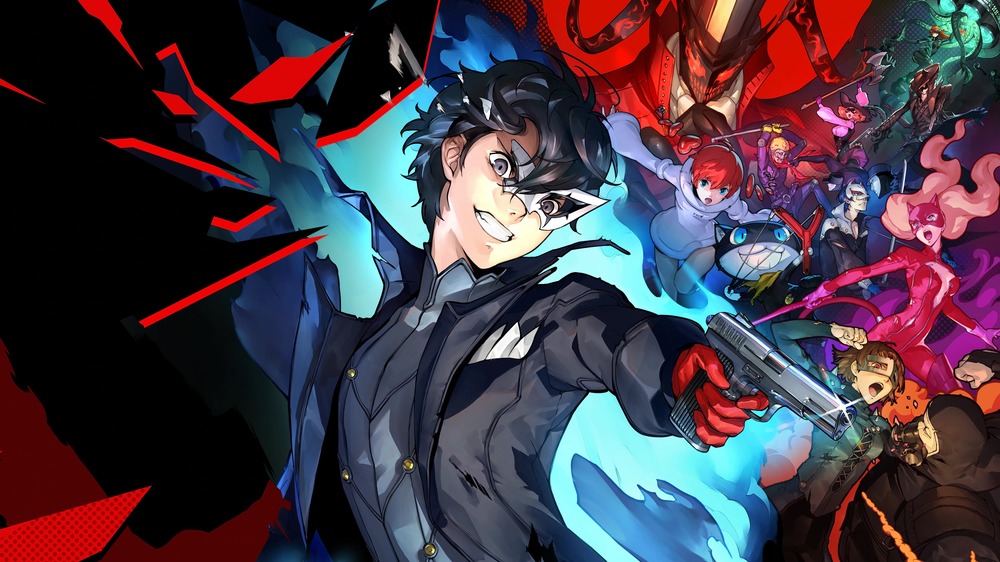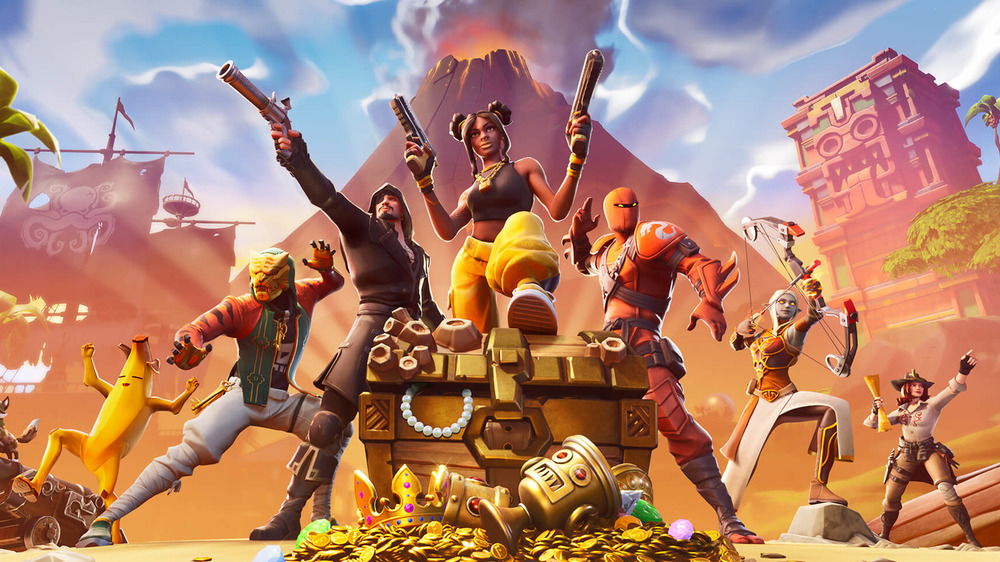The 2 Best And 2 Worst Parts Of The Game Awards
The pandemic-accommodating 2020 The Game Awards delivered an announcement-heavy remote ceremony from three cities this year, Los Angeles, London, and Tokyo. While there weren't any bombshells on the same level as 2019's Xbox Series X announcement, it was still an evening of enthusiastic celebration of the titles that kept gamers engaged in one of the strangest years in recent memory.
As with any awards show, the night had its ups and downs. For every exciting reveal, there was always the possibility of a company passing off an old trailer as new. Some surprise moments and appearances, such as Vin Diesel's starring role in ARK 2, led to new memes and general confusion. Fan-favorite games either earned the accolades their fans knew in their hearts they deserved, or were cruelly denied recognition by what some called a corrupt system.
Here are two of the best parts of The Game Awards 2020, as well as two of the worst portions of the evening.
Best: A remote ceremony celebrates bonds of the gaming community
Overall, one of the best parts of this year's Game Awards was the sheer, visible amount of effort that was put into hosting a global event from locations around the world celebrating a diverse community of game makers. The Game Awards this year demonstrated that the gaming community and the world can celebrate the things that bring us together when circumstances have forced people apart.
Throughout the event, winning teams called in remotely to celebrate and thank presenters, highlighting how the world has used the very technology that enables video gaming as a hobby to stay connected. In the very first award, Brie Larson presented the award for Best Performance, which went to Laura Bailey for her evocative performance as the controversial Abby in The Last of Us Part 2.
When Bailey connected via video conference to accept her award, viewers could hear when her phone started dinging — presumably with congratulations coming in. This was an extremely relatable moment. Who among us hasn't had an important Zoom call interrupted by an obvious distraction we tried to pretend wasn't there this year?
Worst: The Last of Us Part 2 splits the community
The Last of Us Part 2 had a huge night, winning seven awards. In fact, one of the awards it lost — "Best Performance" by Ashley Johnson as Ellie — simply went to another actor in The Last of Us 2, Laura Bailey!
However, a vocal segment of The Game Awards 2020 viewers felt that the dominance of Naughty Dog's narrative action game was one of the worst parts of the night. Twitter comments ranged from calling the awards "disingenuous," "rigged," or even worse. This is to be expected to a certain extent, as The Last of Us Part 2 is a divisive game that makes bold narrative choices that have devastating consequences for fan-favorite characters. Online commenters have particularly focused their venom towards the character of Abby, a reaction Naughty Dog seemed to antagonize when it released a surprise, Abby-focused trailer right before The Game Awards.
The toxic online reaction to The Last of Us Part 2 has been present ever since the game came out in the summer. Whether the game's sweep or the toxic response to it was the worst part of the night, both seem to bear mentioning.
Best: Strong performances highlight the connection between music and gaming
Another highlight of the evening was the pair of musical performances provided by Eddie Vedder and Lyn Inaizumi. Both artists performed prerecorded sets that slotted nicely into the evening and provided a welcome change of pace.
Vedder's stripped-down performance of "Future Days," a song which Joel sings to Ellie in The Last of Us Part 2, was an important example of how other mediums and forms of expression can elevate games and the stories they tell. Vedder even ended his performance with an acknowledgment of the scene and his appreciation of being a part of it.
In contrast, Lyn Inaizumi delivered an energetic performance with the full Persona 5 Strikers band, playing "The Last Surprise" from Persona 5 and Persona 5 Strikers. Her dynamic prerecorded segment communicated the slightly manic tone of both the song and the video game series. It also highlighted how gaming and music work in tandem to create memorable experiences.
Worst: Awkward Hollywood appearances demonstrate the rift between film and gaming
Somewhat less enthusiastically received was the heavy presence of Hollywood figures, some of whom shared little to no connection to gaming.
While Keanu Reeves' appearance seemed appropriate, given his universal appreciation in gaming culture and a recent starring role in the most highly anticipated game of the year, others seemed less so. Christopher Nolan was tapped to hand out the Game of the Year award, who Geoff Keighley tenuously linked to the industry due to the fact that some of his movies had been "screening this summer in Fortnite."
Nolan is a revered director and top-tier storyteller, and his involvement is an honor. But the videogame industry has its own visionaries who have crafted stories that have resonated with gamers around the world. Further awkward presentation from Tom Holland and Gal Gadot only highlighted that while these celebrity connections are fun, they often feel forced, and have for years.
Videogames are not films, and likewise, The Game Awards do not need to be the Oscars, as one 2017 indie developer colorfully observed at the 2017 Game Awards.

